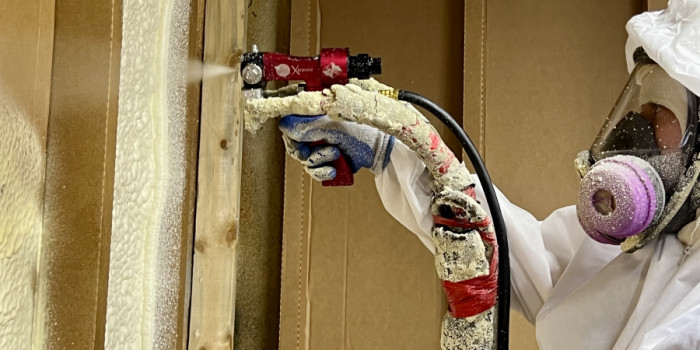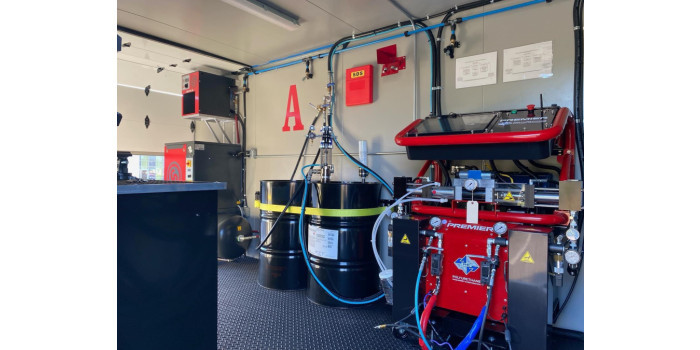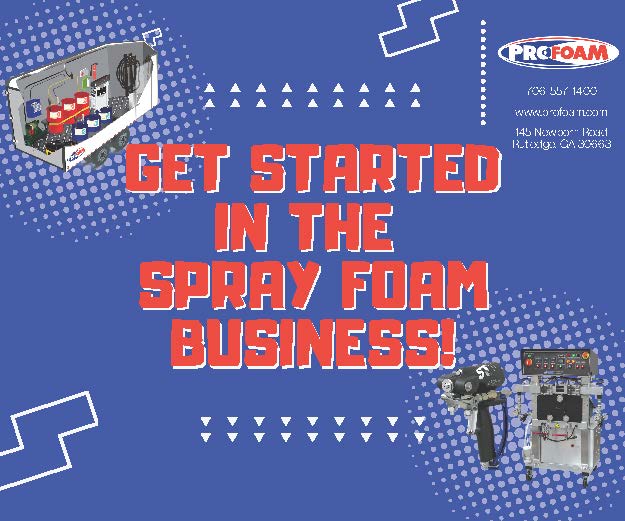
What Are The Benefits of Spray Foam

What Are the Advantages of Utilizing Spray Foam and Where Can It Be Applied?
Spray foam (SPF) offers a plethora of performance advantages, serving as both insulation and an air-sealing product in one application. It is recognized for its ability to control noise transmission within buildings, fostering a quieter and more comfortable environment. Closed-cell SPF materials provide resistance to water, moisture vapor, and humidity, effectively managing condensation. Notably, closed-cell foams are FEMA-rated flood-damage resistant materials capable of withstanding floodwaters for up to 72 hours.
The R-value and air-sealing properties vary depending on the product and manufacturer. For instance, low-density SPF, also known as "open-cell," exhibits a lower R-value per inch and slightly less air-sealing capability compared to medium-density SPF, or "closed-cell." Opting for low-density SPF may result in cost savings for projects within its capability range. However, projects requiring a combined vapor, moisture, and air barrier with higher insulation value or insufficient cavity space for low-density SPF may necessitate closed-cell solutions.
Medium-density closed-cell insulation enhances wall strength and roof durability, particularly under severe weather conditions. In challenging geometric installations like attics or crawlspaces, SPF's ability to conform to surfaces provides unparalleled benefits.
Exterior applications of SPF, such as on building envelopes or tanks, typically utilize medium-density closed-cell foam due to its high R-value, water resistance, and durability. Protective coverings are often required to shield SPF from UV sunlight damage.
SPF roofing, a high-density closed-cell product, creates a durable, waterproof system suitable for commercial roofs. While SPF effectively conforms to roof angles and protrusions, protective coatings or aggregates are necessary to safeguard against UV damage.
How Is Spray Foam Installed?
SPF installation involves various equipment, from high-pressure professional rigs to low-pressure kits for smaller projects. Each project is unique, necessitating tailored solutions. Collaboration with knowledgeable contractors ensures proper scoping, scheduling, and adherence to specifications.

Construction projects, whether new builds or renovations, operate under tight deadlines. Weather conditions like high winds, rain, and cold temperatures can impact SPF installation. Substrate temperature and moisture content also influence the process. Partnering with experienced SPF contractors ensures these factors are addressed for project success.
The versatility of SPF makes it suitable for diverse applications, emphasizing the importance of working with experienced professionals for optimal results.






